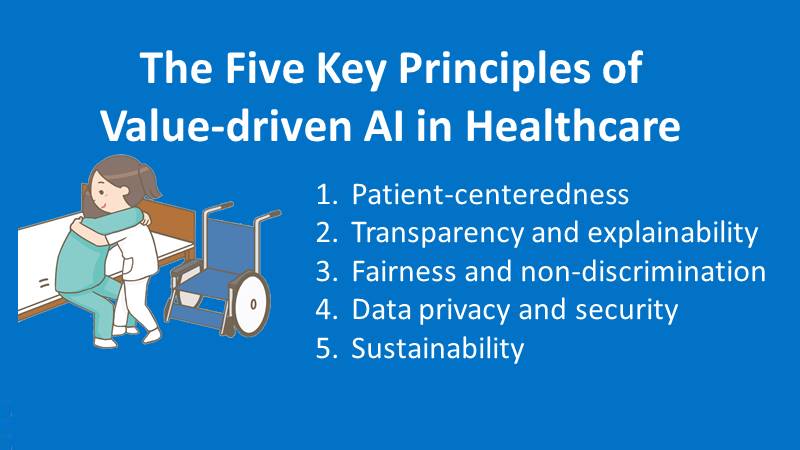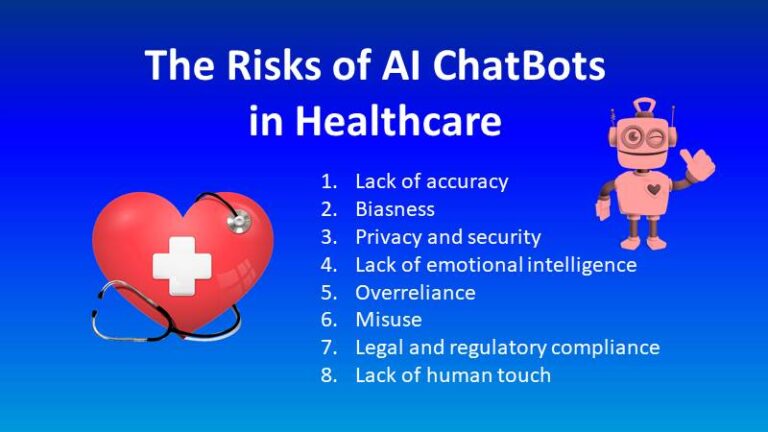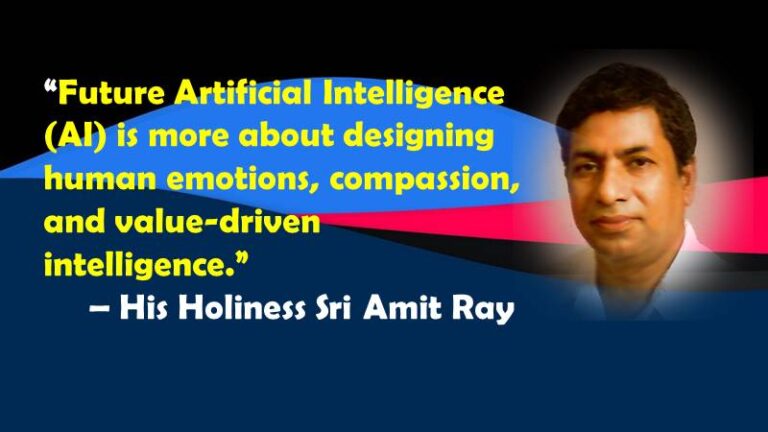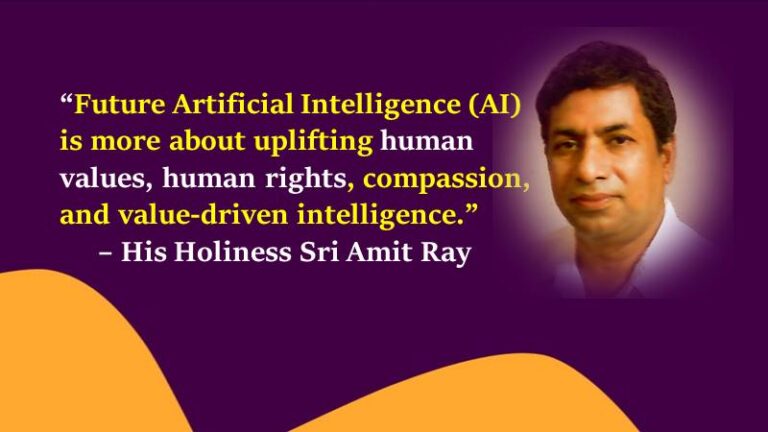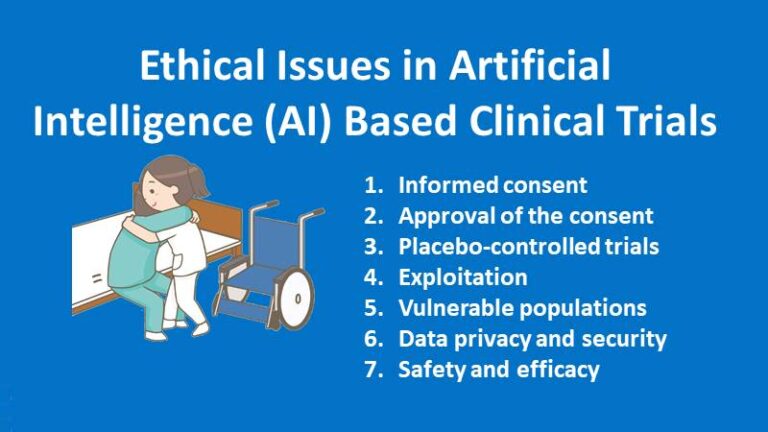Value-driven AI in Healthcare -The Five Key Principles
Value-driven AI in healthcare refers to the use of artificial intelligence (AI) technology that is designed to align with the values and goals of the healthcare system and its stakeholders. This approach emphasizes the importance of considering the ethical, social, and economic implications of AI in healthcare, and ensuring that the technology is used in a way that promotes the overall well-being of patients and society.
The Five key principles of value-driven AI in healthcare include:
- Patient-centeredness: AI should be designed to prioritize the needs and preferences of patients, and to support their autonomy and informed decision-making.
- Transparency and explainability: AI should be transparent and explainable, so that stakeholders can understand how decisions are being made, and can identify and address any biases or errors in the system.
- Fairness and non-discrimination: AI should be designed to avoid discrimination and to ensure that all patients have equal access to care and benefits.
- Data privacy and security: AI should protect the privacy and security of patient data, and should be designed to minimize the risk of breaches or unauthorized access.
- Sustainability: AI should be designed to promote the long-term sustainability of the healthcare system, and to ensure that the benefits of the technology are shared equitably among stakeholders.
Value-driven AI in healthcare can help to ensure that the technology is used in a way that promotes the overall well-being of patients and society, and helps to build trust in the technology. It requires collaboration between healthcare professionals, policymakers, ethicists, researchers, and patients to ensure that AI is integrated in a responsible and effective way.

